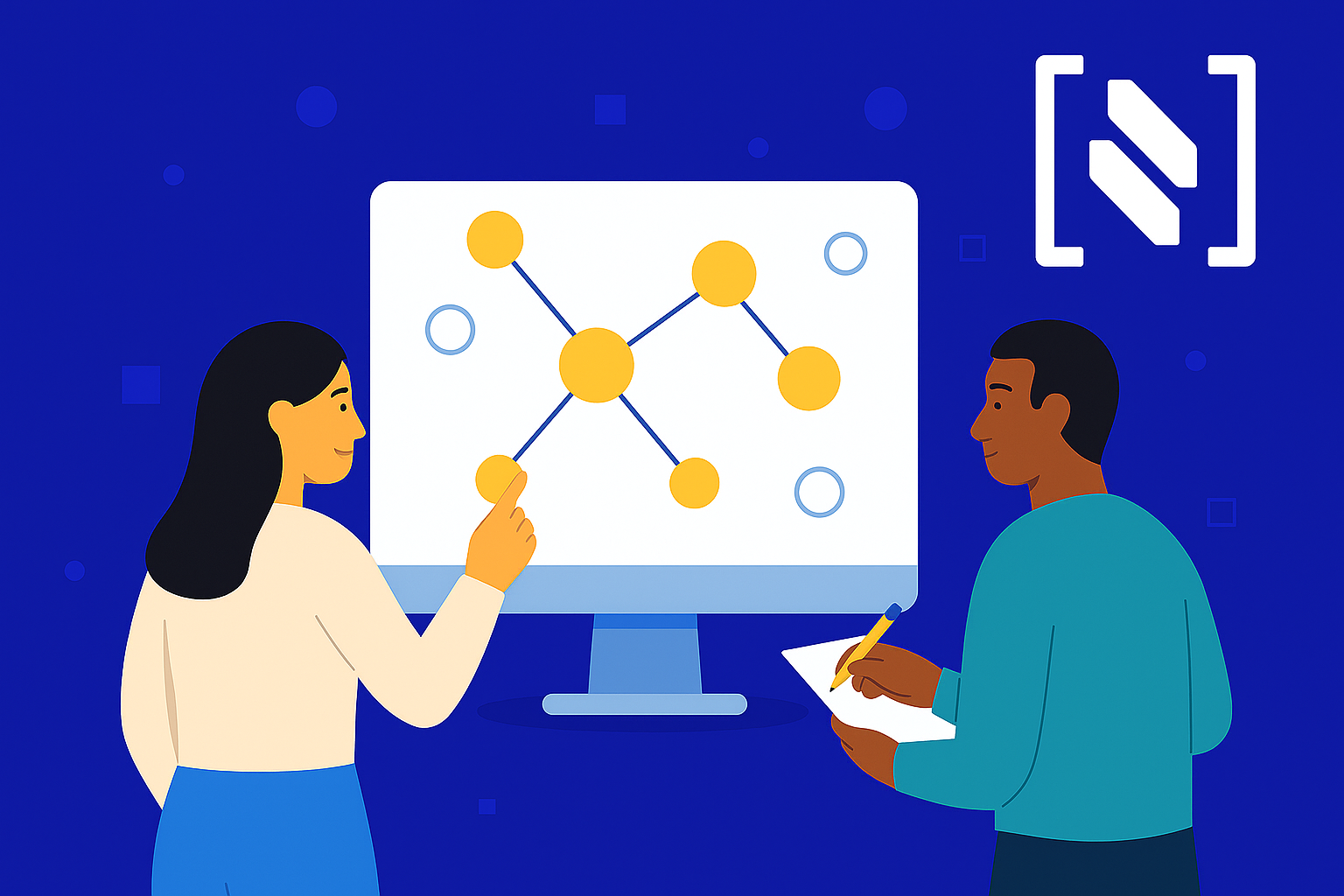SEO is shifting from keywords to knowledge. See how AI search and generative models are transforming ranking, visibility, and content strategy.

For nearly twenty years, SEO has been guided by one foundational idea: ranking for the right keywords. Everything from content architecture to link strategy was built around helping search engines recognize relevance. But as artificial intelligence reshapes how people search, it’s becoming clear that the next wave of optimization isn’t about ranking at all—it’s about being understood.
Large language models like ChatGPT, Gemini, Claude, and Perplexity no longer just retrieve results. They interpret meaning, summarize insights, and decide how to represent your brand to the world. The shift from retrieval to reasoning has quietly rewritten the rules of search. Instead of optimizing for clicks, we’re optimizing for comprehension.
The future of SEO will be built on clarity, structure, and knowledge—because in the new search landscape, visibility comes from being understood accurately by machines that think in language.
Traditional SEO operated on a retrieval model: a user entered a query, and the algorithm matched it to indexed keywords. Rankings rewarded repetition and link strength. But AI systems don’t just retrieve content—they synthesize it. When you ask ChatGPT a question, it doesn’t point you to ten blue links; it constructs an answer, drawing from thousands of sources and deciding which are most authoritative.
That means a machine is no longer “finding” your site—it’s summarizing it. If your content isn’t structured clearly or tagged with context, an LLM might misrepresent your brand entirely. Search visibility used to be about being found. Now it’s about being interpreted correctly.
In this new world, the job of SEO is to teach AI what your business knows.
Search engines used to rely on signals like backlinks or meta tags to infer authority. But LLMs go deeper—they build mental models of how concepts connect. That’s why structured content, explicit language, and semantic markup have become so important. They’re not just technical enhancements; they’re how your brand participates in the digital knowledge graph.
Instead of creating ten posts around “AI for marketing,” one deeply structured resource that defines the concept, explains how it works, and links related topics will perform far better across AI surfaces. LLMs thrive on relationship-building, not redundancy. In this environment, clarity is the new authority.
Google began this shift years ago with its Knowledge Graph, which aimed to understand entities—people, organizations, ideas—rather than just the words describing them. But LLMs have accelerated this change dramatically.
When AI reads your site, it isn’t counting keyword density—it’s mapping entities and relationships. If your company’s name, category, or purpose aren’t explicitly connected, models may misclassify you or omit you altogether.
Think of it this way: if your homepage says, “We’re redefining storytelling for the modern brand,” a human might interpret that poetically. But a model won’t know if you’re a marketing agency, an analytics firm, or a publishing platform. By saying, “Format for AI helps companies make their websites readable and interpretable by large language models,” you’ve taught the model exactly how to classify you.
This doesn’t mean writing robotically—it means being explicit about what you do and how it connects to broader topics.
The brands that succeed in the next era of SEO will treat content less as marketing copy and more as structured teaching material.
AI-powered search prioritizes clarity, completeness, and hierarchy. Each page should answer a core question in a way that can be summarized without distortion. That doesn’t mean long-winded—it means logically organized, supported by structured data, and readable by both humans and machines.
We’re entering an age where your site’s structure matters as much as your message. Schema markup, semantic HTML, and metadata act as connective tissue—defining what each page means and how it relates to others. This is knowledge-based optimization: a system that teaches machines what your content stands for, not just where it ranks.
Authority in SEO used to mean backlinks. In AI search, it’s about being referenced correctly.
If a model like ChatGPT or Perplexity cites your site when summarizing an industry question, that’s a new kind of signal—an AI-level endorsement. The brands that show up in these answers are the ones that combine credibility (verifiable data, authorship, and consistency) with interpretability (structured schema and semantic alignment).
In other words, the future of authority is about being usefully understood. It’s not just about popularity—it’s about clarity, consistency, and verified expertise.
As AI learns to reason, it’s tempting to think human nuance will fade. But the opposite is true. AI can synthesize information—it can’t replace the trust and tone that make content compelling.
The most effective websites will marry the two: built with precision for machines, written with empathy for people. Clear enough to teach a model, thoughtful enough to inspire a reader.
That’s the balance—structural precision and human insight. One without the other will always feel incomplete.
The keyword era made brands focus on visibility. The AI era will make them focus on accuracy.
In a world where search engines think in language, your goal isn’t to win the algorithm—it’s to train it. The websites that thrive will be those that communicate ideas in structured, logical, and human ways. They’ll stop chasing keywords and start building knowledge ecosystems.
In the end, the companies that lead this transition won’t just appear higher in search—they’ll become part of how AI itself explains the world.
Explore Real Strategies, Trends, and Tips to Help Your Brand Grow.